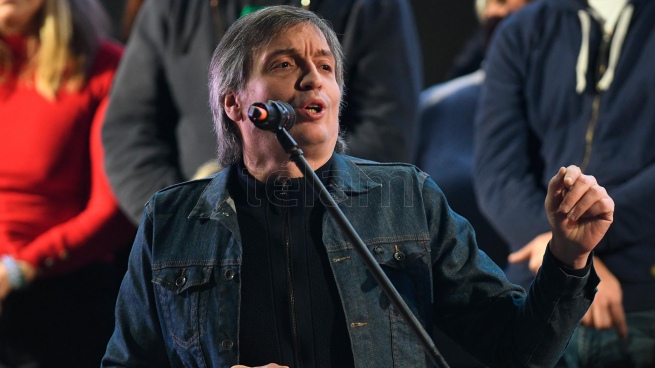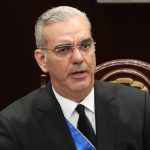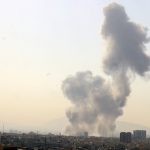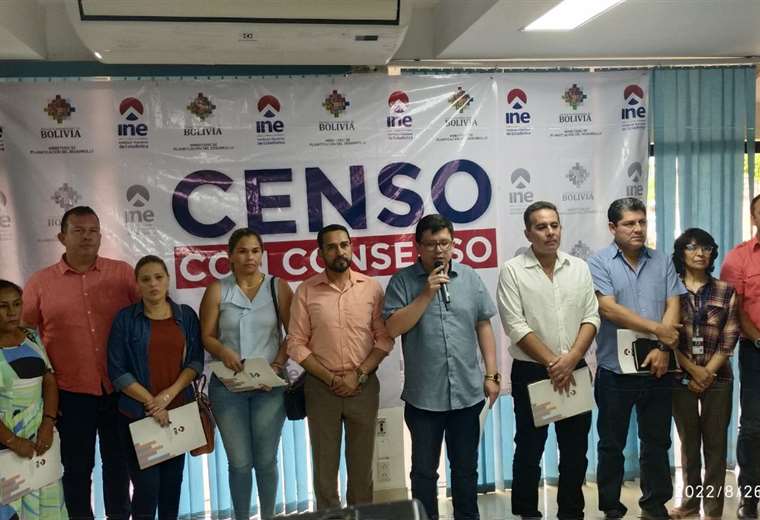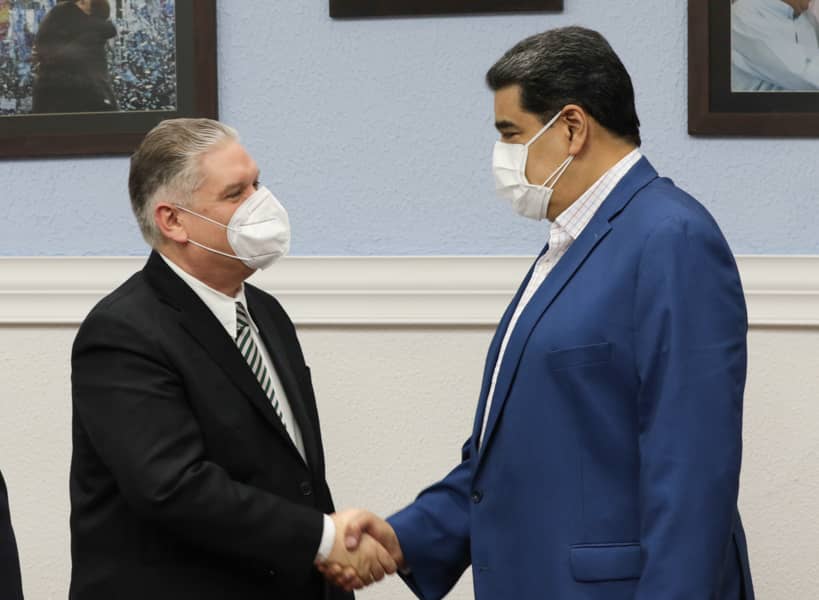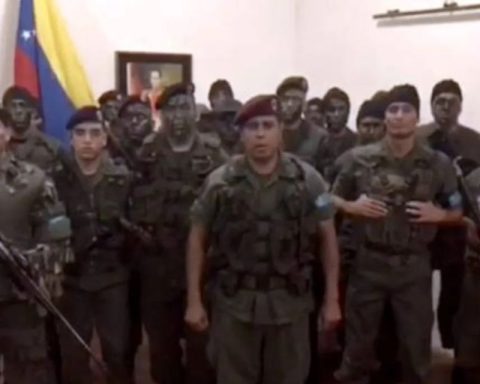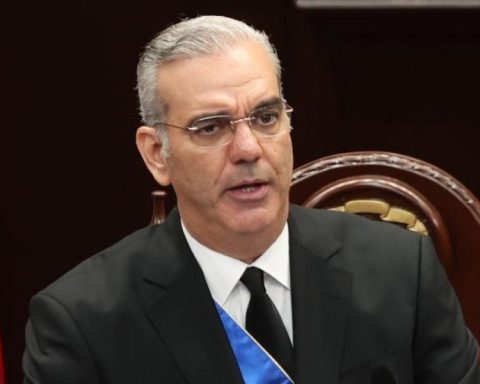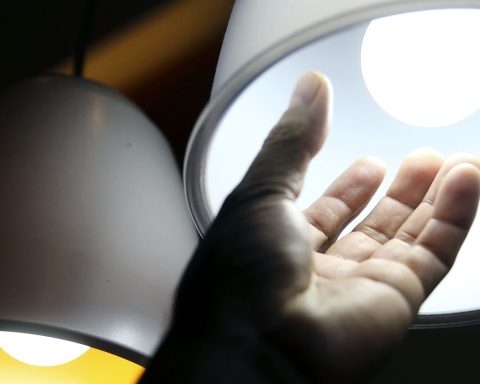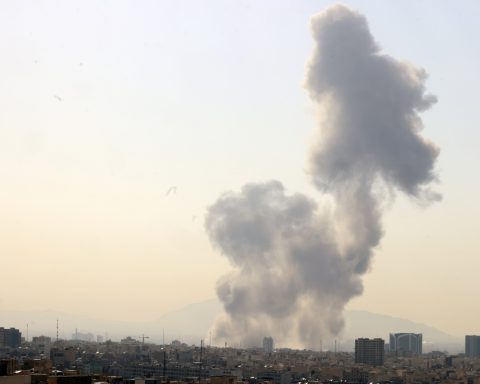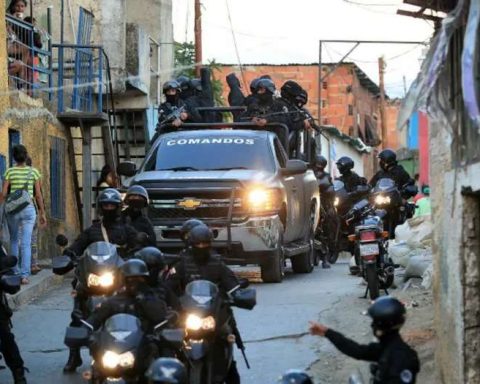The national deputy and head of the Buenos Aires Justicialist Party (PJ), Máximo Kirchner, affirmed that Vice President Cristina Fernández de Kirchner is defended because “she always pushed in favor of the people”, when participating this Friday in Avellaneda in a meeting of the Workers’ Union Metallurgical (UOM) together with the general secretary of that union organization, Abel Furlan.
“If Cristina is being defended today in the streets, it is because she always pushed for the people. I want to thank all the expressions of affection, love and resistance for our companions”Máximo Kirchner pointed out when referring to the trial that is being followed for the alleged direction of public works in Santa Cruz, which has the former president as the accused.
In this sense, the national legislator affirmed that his mother acted “always based on the interests of the majority” and that this is “the best way to defend the country.”
about the act
Máximo Kirchner was the last to speak in a ceremony that lasted just under two hours before a room full of trade union delegates and political leaders of the Frente de Todos (FdT).
The head of Buenos Aires Peronism shared exhibitions with Furlán; the Minister of Labor of the province of Buenos Aires, Walter Correa; and the metallurgical manager Daniel Daportaamong others.
Kirchner thanked those present for “the conviction” and urged that in Argentina there be “leaders who dare to intelligently represent the people in order to move the country forward.”
During his speech, he highlighted Furlán’s role during his time in the Chamber of Deputies and described the trade unionist as “a leader who was forged under many pressures.”
In one of the passages of his speech, he read data on the production of steel and the profits obtained by one of the main companies in the sector and called for the implementation of a salary increase for a fixed amount to compensate for losses in assets as a result of the inflation.
“With those figures that they show in their profits, they cannot pay a fixed sum of 30 thousand pesos between now and December while the joint venture takes place? They do not value colleagues who produce in this way. That is why I have full confidence in how Abel is going to defend the interests of the workers. He knows how to handle pressure,” he remarked.
The deputy also referred to the passage of Néstor Kirchner for the Presidency and he recalled that when he took office he met “a people who wanted a leader to recognize their efforts over the interests of minorities.”
“Macri sees a mafia in the judicial system that defends the workers. No worker should think that this guy represents them”
“Part of those twelve years of the Néstor and Cristina governments are the result of a people that never gave up and knew how to recover a self-esteem that they wanted to break,” he stressed.
Máximo Kirchner referred to the latest statements by former President Mauricio Macri on the debt that his government took on with the International Monetary Fund (IMF) and the questions that the former president raised about the labor jurisdiction and the unions.
“Macri sees a mafia in the judicial system that defends the workers. No worker should think that this guy represents them,” he emphasized.
He also referred to the accusations of illegal espionage that weigh on Macri, and recalled that several of the leaders that make up Together for Change (JxC) were subject to listening and monitoring.
“You have to have so little dignity to follow a political space of someone who leads a spy on their own leaders. If the head of the Buenos Aires Government aspires to lead the country, he has to stop hand in the face of this situation. As much as he has different ideas from ours, he has to show courage and not allow himself to be extorted by the one who founded the Argentines. That is what the dignity of the leadership is all about”, Kirchner pointed out in a clear reference to Horacio Rodriguez Larreta.
Before Kirchner, the new Minister of Labor Correa took the floor, who considered that “a judicial monarchy tries to corner the leadership” of Peronism exercised by Cristina Fernández de Kirchner to “make democracy precarious.”
“Let’s do what we have to do, comrades. This is what history demands of us. This meeting has to do with ourselves. They are pursuing the transformation of our beloved Argentina that began with Néstor and that Cristina carried out for eight years,” Correa said.
